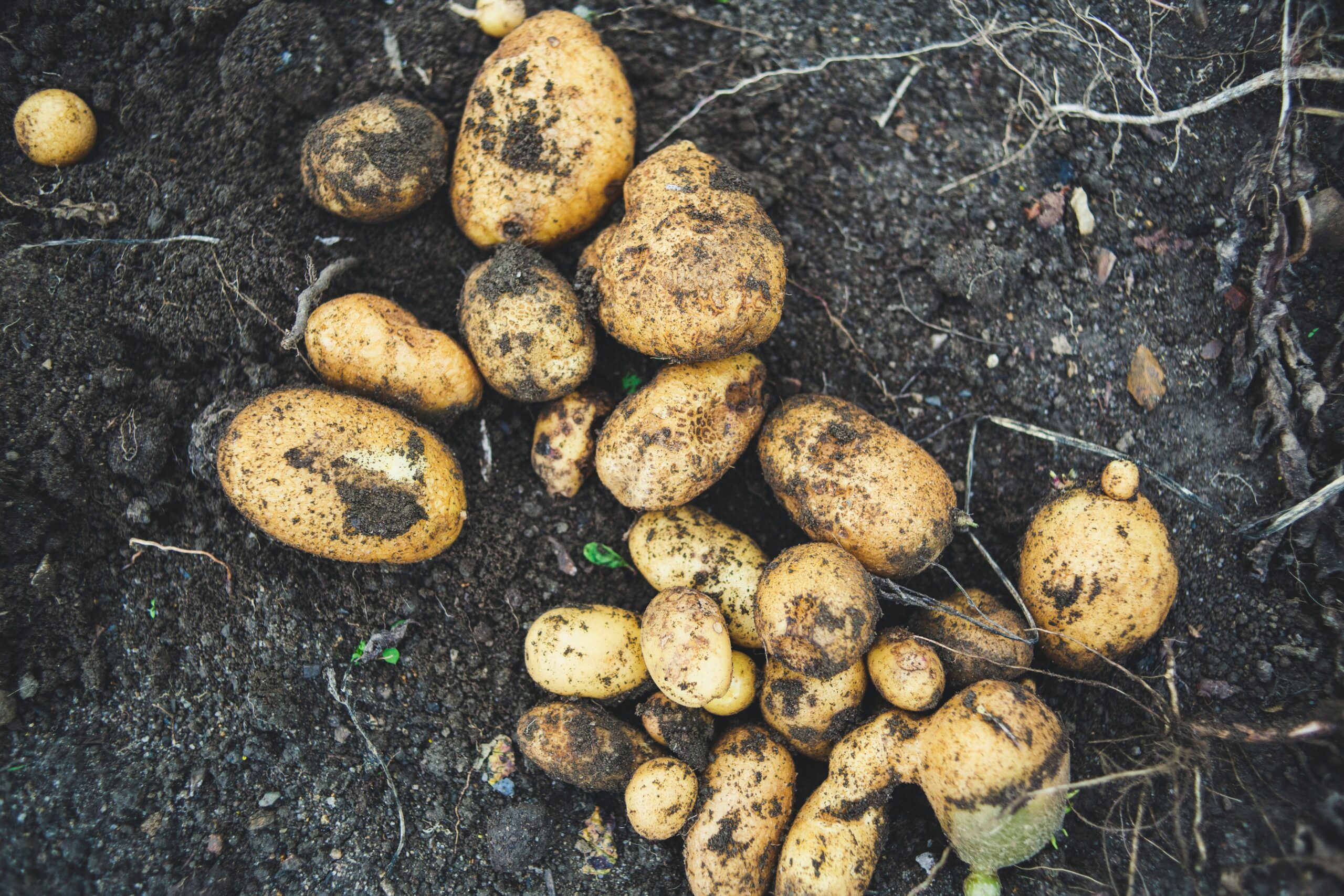It was an ordinary day in 2000, one of many spent drifting through adolescence amid simple routines and deep affections. I opened my eyes; certain it was time to go to school. I was in my fourth year of high school.
“It’s time,” my mother would say from the kitchen, while an alarm clock — one of those that now exist only in my memory — brought me back to the world. At the time, the radio was tuned to Radio Reloj, and with Ave María playing in the background, I headed to the bathroom to start the day. Then, with my hair combed, my shirt tucked in, and my shoes polished, I went out to buy some bread, enjoying the fresh morning air of Cartago City, Costa Rica.
When I returned, the aroma of freshly brewed coffee wafted over me. Already on the table was a tin mug, from which came the aromatic smoke. Two eggs with tomato, potato hash, or bread were my first meal of the day. “Thank God you can go to school having had breakfast,” my mother would remind me, her tone mixing love and firmness like a lesson sown in fertile soil that would only blossom with the years. It wasn’t my favourite food, but it tasted like home. Every Saturday, we would search for tomatoes and potatoes together at the farmers’ market in San Rafael de Oreamuno, Cartago, where they were always available.
Today, twenty-five years later, we still go to the farmers’ market together, as if it were a ritual that time has not been able to erase. With her eyes trained by the years and her attentive heart, she discards the perfect tomatoes. “Let’s go to another stall. This tomato is one of those perfect-looking ones that don’t taste like anything,” she says with conviction.
We stop in front of Doña Luisa’s stall. She is a woman from Cartago, Costa Rica, with tanned hands and a generous soul who sells “ugly” tomatoes: irregular in shape with a few small stings. But they are as red as fire, juicy, and full of flavour. “Come on in! A thousand a kilo, cheap as chips, pure quality,” she says, greeting us with the kind of old-fashioned friendliness that’s hard to come by these days. She embodies the spirit of the farmer in our region: honest, hard-working, self-sacrificing, humble, and generous. People like that should abound in this world.
The farmers’ market is more than just a market. It is a place where memory is breathed in. There, I go back to being a child, savouring the simple things and looking at the world through the eyes of yesteryear. Amidst the aisles of fruit and vegetables and the warm chatter, you remember who you are and where you come from.
“Potatoes are good here. They are ugly, but very good,” my mother murmurs, as though sharing a secret. The humble potato is essential and immensely rich, born in the fertile soil of our province, sheltered by the silent giants of Cartago: Irazú and Turrialba volcanoes.
In March of this year, the Costa Rican government lifted the restriction on importing fresh potatoes from the United States, which had been in place since 2012 due to the risk of pests. To date, neither the Ministry of Agriculture and Livestock nor the State Phytosanitary Service has provided a technical analysis justifying this decision. In a country where limits on the presence of pesticides in drinking water have already been relaxed, this seems like just another open wound.
Meanwhile, potato producers in Cartago and other regions such as Zarcero are speaking out, expressing growing concern that they are paid barely 300 colones per quintal of potatoes, which is not even enough to cover production costs.
In a system where unclear policies outweigh honest work, small farmers see their sacrifices translated into crumbs. This situation reflects the vulnerability and inequality faced by those who cultivate the land with effort and dedication. It not only puts the local economy at risk but also threatens the future of an agricultural tradition that is an essential part of our identity and collective memory.
I still choose imperfect tomatoes and potatoes. I refuse to be seduced by the perfect vegetables and fruit in supermarkets. I shy away from soulless, shiny apples and flawless but tasteless oranges and tangerines. I prefer scarred tomatoes and small potatoes with real flavour. Above all, I prefer the legacy of our people: those who sow with their hands and feed with their hearts.

